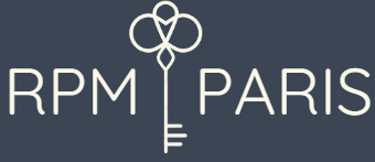Flat buying process in Paris – France
6/25/20256 min read
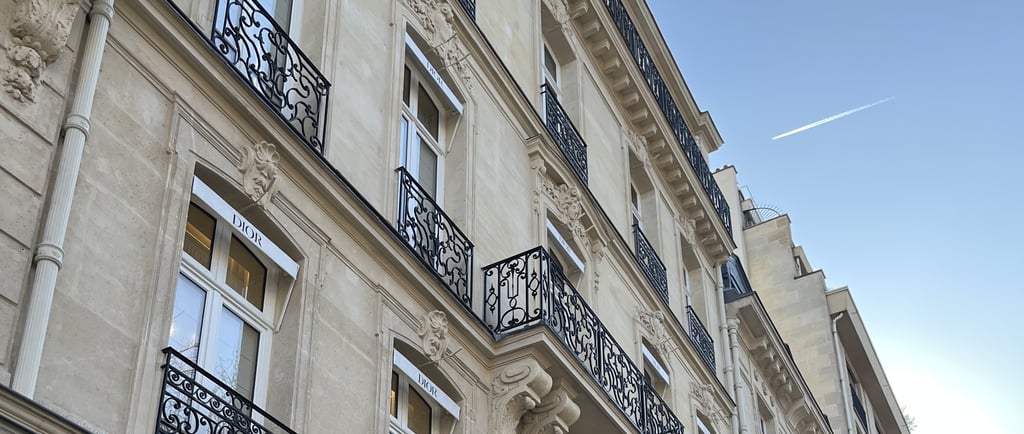

How does the property purchase process work in France?
Purchasing property in France follows a structured legal process designed to protect buyers and ensure a secure transaction. However, unlike in some other countries, there is no centralized Multiple Listing Service (MLS), meaning buyers must navigate a fragmented market of independent real estate agencies and private listings. Below is an overview of the key steps in the process.
Defining your property search
The first step in purchasing property in France involves solid preparation.
It is important to establish a clear budget, considering not just the property price but also additional costs such as notary fees, taxes, and transaction costs, which can amount to around 8% of the property’s price.
You should define your property search criteria, including location, size, and amenities that match your lifestyle and investment goals.
The property market in Paris does not use MLS (Multiple Listing Service) like in other countries, which means there is no one database where all properties are listed. Therefore, buyers who are not assisted by a property search agent must search across multiple sources, including agencies, online platforms, and direct seller listings.


Finding the right property
With no MLS system in place, property searches require patience and persistence.
We assist in identifying suitable properties by compiling personalized lists from various sources and coordinating viewings.
Additionally, through our network, we have access to exclusive off-market properties – listings that are not available online – giving you access to deals that may not be available to the general public.
We also help assess market value, investment potential, and feasibility of renovation work.
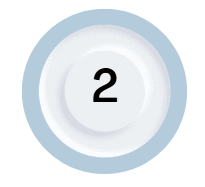

Making an offer
Once you have identified the property that suits your needs, the next step is obtaining market value information about this property and negotiating the price if it is not in line with the market prices. It is essential to understand the market value of the property and determine a target price based on this knowledge. Property prices in France can vary widely, depending on the location, condition, and the specifics of the property.
At this stage, you will also need to evaluate whether any renovation work is required. It is important to ensure the feasibility of any potential renovations before committing.
We review the available property documentation and gather as much information as possible, allowing you to make the most informed offer.
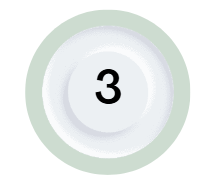

Appointing a French Notaire
Notaires are highly qualified lawyers specialized in all aspects of French real estate and responsible for overseeing real estate transactions.
The Notaire will carry out the due diligence process such as verifying the legal status of the property, confirming the identity of buyer and seller and ensuring the property is free of encumbrances. He coordinates with the vendor’s Notaire to draft or review the initial contract (the “Promesse de Vente”) and, subsequently, the final deed of sale (the “Acte de Vente”).
The Notaire will provide legal and tax guidance to their client throughout the purchase process. Additionally, the Notaire may prepare the necessary Powers of Attorney required for the acquisition if you cannot attend the signing meeting in Paris.
The Notaire ensures that you fully understand the contracts before signing.
Do not forget to ask your Notaire for a detailed estimate of the costs and fees attached to your purchase, due at closing.
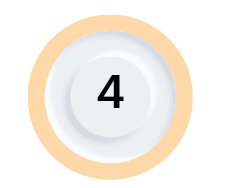



Transferring the security deposit
At the time of the Promesse signing, you will be asked to wire a deposit (usually 10% of the property price) to the Notaire’s escrow account.
This deposit will be:
Subtracted from the final purchase price upon completion of the transaction.
Refunded to the Purchaser if he wishes to withdraw from the transaction during the 10-day cooling-off period and if the conditions precedent are not fulfilled.
Forfeited to the Vendor if the Purchaser chooses not to proceed after all conditions precedent have been met.
Signing the preliminary contract (Promesse de Vente)
The signing usually takes place around 4 weeks after your purchase offer has been accepted by the seller.
This legally binding agreement includes details about the property, price, deposit (typically 10%), and any conditions (such as mortgage approval).
Buyers benefit from a 10-day cooling-off period after the Promesse signing, during which they can withdraw without penalty.
Usually, the final sale is usually completed within two to three months after the signing of the Promesse. In the absence of a loan, and if possible, this timeframe can be reduced by mutual agreement between both parties.
During this period, the notaire will verify all documentation related to the property, including title, zoning laws, and other legal aspects.
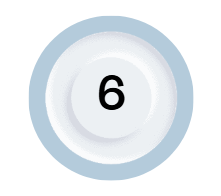

Pre-closing preparation
If financing is required, mortgage approval must be obtained within a set timeframe.
During this period, the notaire reviews the property documents to be provided before the final sale, conducts the final checks, and verifies that all condition precedents are met.
In this phase, buyers must:
1) Finalize the mortgage application procedure in presence of a loan,
2) Transfer purchase price and attached costs to the Notaire,
3) Attend the annual co-owners' meeting if it takes place during this period,
4) Subscribe to a homeowner’s insurance policy with a French insurance company,
5) Open a French bank account if they wish to set up automatic debits for utility bills, taxes, and quarterly condominium fees – this can be finalised after closing.
We offer assistance with these administrative procedures.
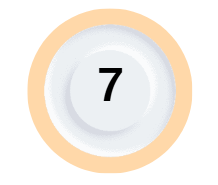

Final closing (Acte de Vente)
The closing usually occurs within two to three months after the signing of the Promesse.
The closing day is when ownership officially transfers from the seller to the buyer. You will walk through the property one last time to ensure it is in the agreed-upon condition. Then, you will sign the final deed, known as the “Acte de Vente,” in the presence of your Notaire. This document transfers legal ownership of the property to you, and once signed, you will receive the keys and an official ownership certificate. The notaire will then register the sale/purchase with the French land registry.


Post-purchase administration
After closing, it is necessary to reach out to French utility providers to transfer the accounts (electricity and gas) from the seller’s name to the buyer’s name and sign up to a new internet contract. Our first-year package for new homeowners includes all the necessary services.
The upcoming property tax obligations must be met.
For those who are not residing in France or simply want to ensure that their investment is properly cared for, property management services are essential.
Our services include overseeing renovation projects, conducting regular property visits, maintenance services and assisting with any ongoing property needs. We offer tailored services to meet the specific needs of our clients, ensuring that your property remains well-maintained.
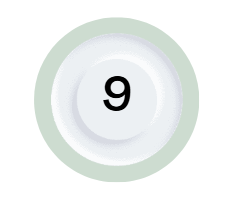

Example of a timeline-based process
April 1: purchaser offer
April 2 to April 7: Seller's offer acceptance
April 30: Promesse signing
June 30 to July 13: Closing (final sale)
(indicative timeline)
Good to know
Property transfer costs
The transfer costs, fees and taxes are approximately 8% of the purchase price. This percentage includes the registration duties (6.2% in Paris), as well as the statutory fees paid to the notaries. In presence of a loan, additional costs should be anticipated.
At the beginning of the process, ask your Notaire for a detailed estimate of the costs attached to your purchase (and your mortage if applicable).
Financing
Unless explicitly waived through a handwritten note, French law automatically includes a condition precedent in favor of the Purchaser, in case they fail to secure bank financing.
After signing the Promesse, the Purchaser must submit a loan application within a specified period and provide proof of submission to the Vendor. If a loan under French law is approved, the Purchaser will also need to obtain disability/death insurance coverage in France and provide the bank with a mortgage, typically a “Privilège de prêteur de deniers” or a "hypothèque" which will be registered by the Notaire.
Opting to waive this condition precedent may appeal to the Vendor but does not prevent the Purchaser from obtaining a loan. However, it leaves the deposit at risk if the Purchaser requires financing and is unable to secure it.
Other questions
How does Parisian co-ownerships or condominiums work?
What are the main property taxes in France?
You can also read our article “How to buy an apartment in Paris? A complete guide for international buyers”
